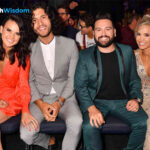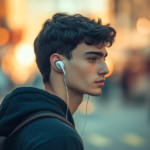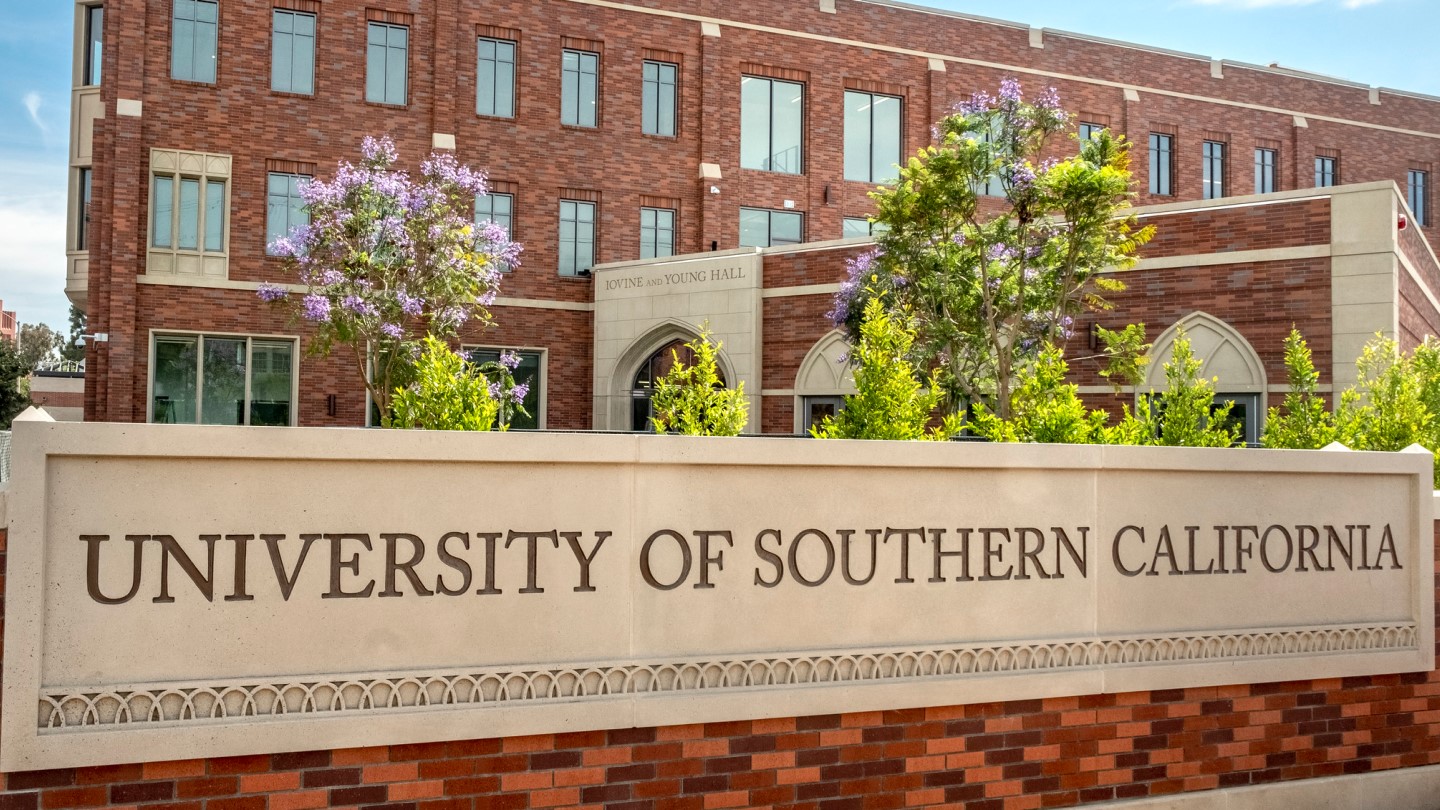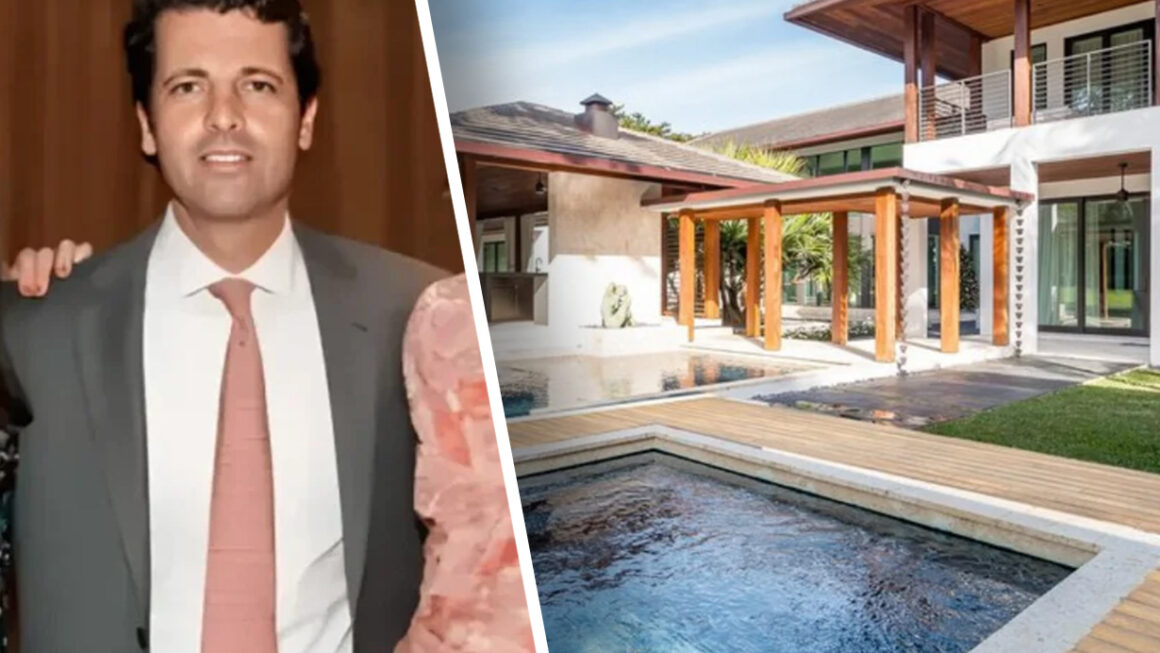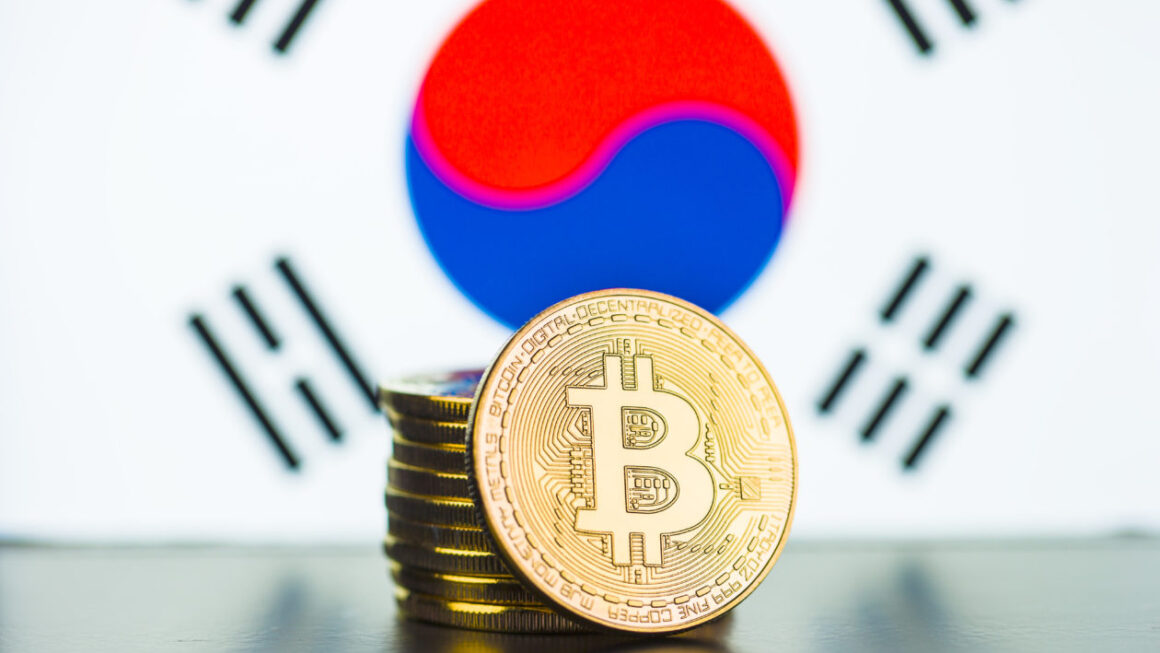Introduction
The University of Southern California (USC) found itself entangled in a complicated legal battle that captured the attention of the academic community and the media alike. This lawsuit involves Choong Whan Park, known as C.W. Park, a well-regarded professor from the Marshall School of Business at USC. The case unfolds on two fronts, reflecting significant ethical and legal dilemmas. On one hand, allegations of sexual misconduct weave a narrative of abuse and institutional failure. Conversely, a clash over intellectual property rights draws lines between academic freedom and university policy. This article dives into the multifaceted layers of the C.W. Park USC lawsuit, exploring each component’s broader implications for higher education.
Sexual Misconduct Allegations and Institutional Responsibility
The Accusations Against C.W. Park
Former USC student Yi Young Kim brought forth allegations against C.W. Park, claiming sexual assault over three years. The C.W. Park USC lawsuit alleges that Park specifically targeted female Korean student assistants, leveraging his power as a tenured professor in exchange for sexual favors. The accounts presented depict a harrowing reality for these students, operating under the fear of academic and professional retaliation should they refuse Park’s advances.
USC’s Alleged Inaction
Compounding the severity of the accusations is the claim that USC was aware of Park’s behavior yet exhibited gross negligence by not intervening appropriately. This inaction, the lawsuit contends, speaks volumes about the university’s failure to protect its community and uphold standards of conduct. If proven true, this lack of responsiveness would signal an urgent need for a cultural and procedural overhaul within the institution, placing USC amongst a regrettable string of universities grappling with similar issues.
The Call for Institutional Change
The charges against Park have reignited conversations about sexual harassment within academia. It becomes evident that universities must establish robust mechanisms for reporting and addressing such behaviors, creating a safe work environment for all. The C.W. Park USC lawsuit serves as a conduit for demanding transparency and accountability from academic institutions, emphasizing the right to a harassment-free educational experience.
Intellectual Property Dispute
C.W. Park’s Lawsuit Against USC
The second facet of the C.W. Park USC controversy stems from a legal complaint by Dr. Park alleging that the university exploited his research without obtaining consent or granting proper acknowledgment. Dr. Park asserts that his intellectual property rights were infringed upon, pointing to a breach of the contractual obligations USC held towards him as a faculty member.
The Debate Over Academic Intellectual Property
This intellectual property dispute brings to the forefront the often-murky waters governing ownership of academic work. Universities and their faculty typically engage in a delicate balance of promoting knowledge dissemination and protecting intellectual rights. Park’s case could prompt a much-needed discourse on how academic research is treated, potentially leading to more explicit guidelines and fair practices.
Implications for Academic Freedom and Collaboration
Dr. Park’s lawsuit also touches upon academic freedom and the relationship between faculty members and the institutions they serve. The case reflects the tension between individual and university interests, suggesting that clarity and respect for one’s scholarly contributions are necessary to foster a culture of mutual trust and collaboration. It urges the academic community to reevaluate current protocols and endorse a system that honors academic freedom while managing institutional expectations.
A Call for Community Engagement
The lawsuit involving C.W. Park and USC highlights individual challenges and institutional failures and underscores a critical need for community involvement and awareness. It is imperative for the wider academic community, including students, faculty, and alums, to advocate for meaningful change and to hold institutions accountable. Active participation through forums, policy reviews, and support networks can amplify the push for a safer, more respectful, and equitable educational landscape. This engagement represents a reaction to current events and a proactive stance against future injustices, fostering a culture of inclusivity and respect that transcends individual campuses. Let us seize this moment to move towards a brighter, more equitable future for all.
Conclusion
The C.W. Park USC lawsuit situates itself at the intersection of various pressing issues higher education faces today. From the distressing reality of sexual harassment claims to the complexities surrounding intellectual property rights, the case underscores the necessity for honest appraisal and actionable reform in our academic institutions. For USC, the lawsuit presents an opportunity for introspection and improvement, with the potential to influence broad systemic change across the educational landscape.
In navigating these rocky legal and moral grounds, universities must prioritize integrity, safety, and respect for personal and intellectual rights. The outcome of the C.W. Park USC lawsuit—beyond individual ramifications—will invariably contribute to shaping future policies and practices that define academic pursuit’s ethical and legal fabric. It is a clarion call for academia to embody the values it so ardently teaches and for stakeholders to hold steadfast to a moral compass that guides equitable and humane educational environments.



